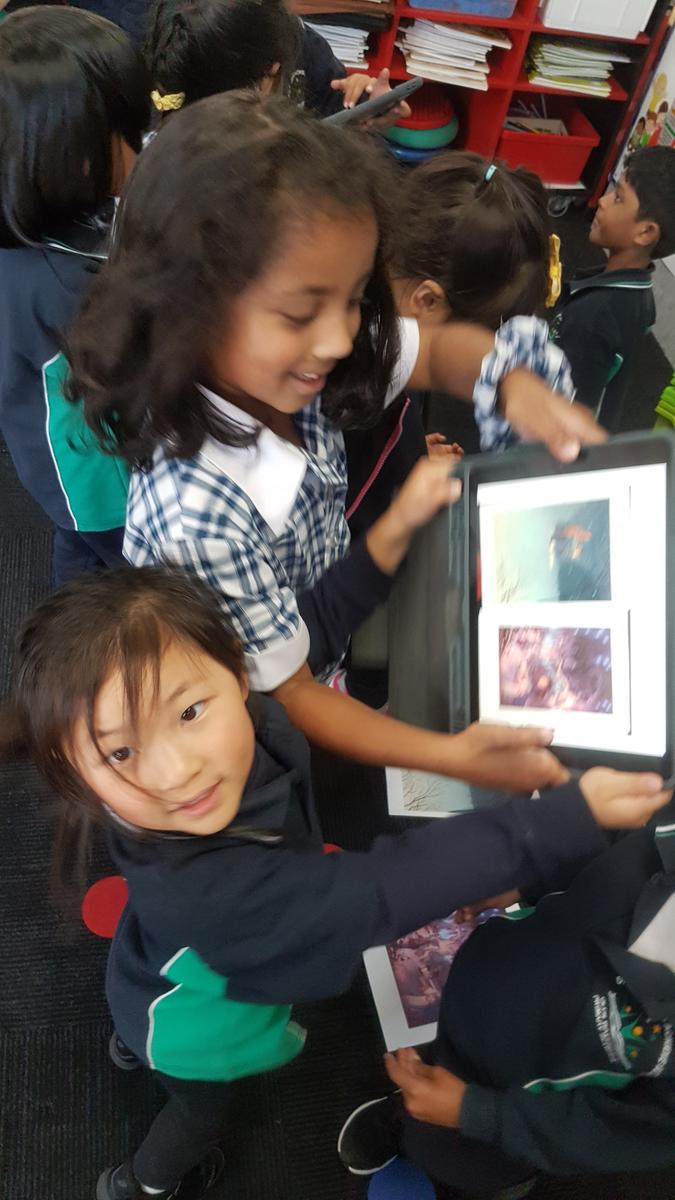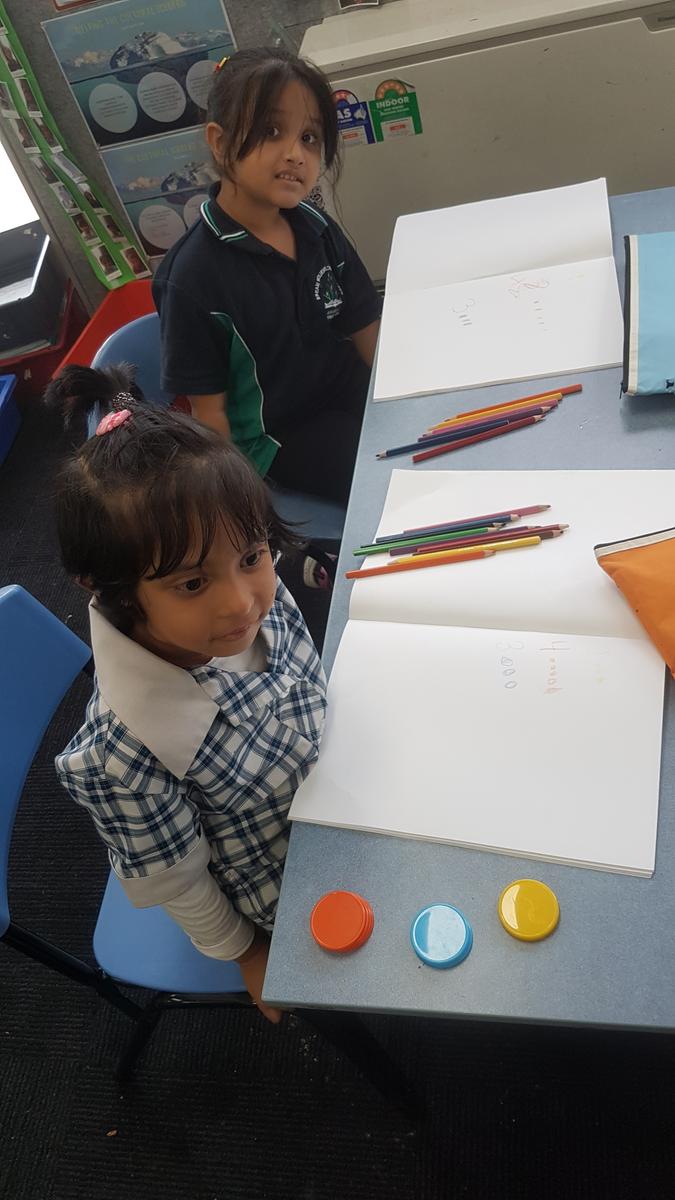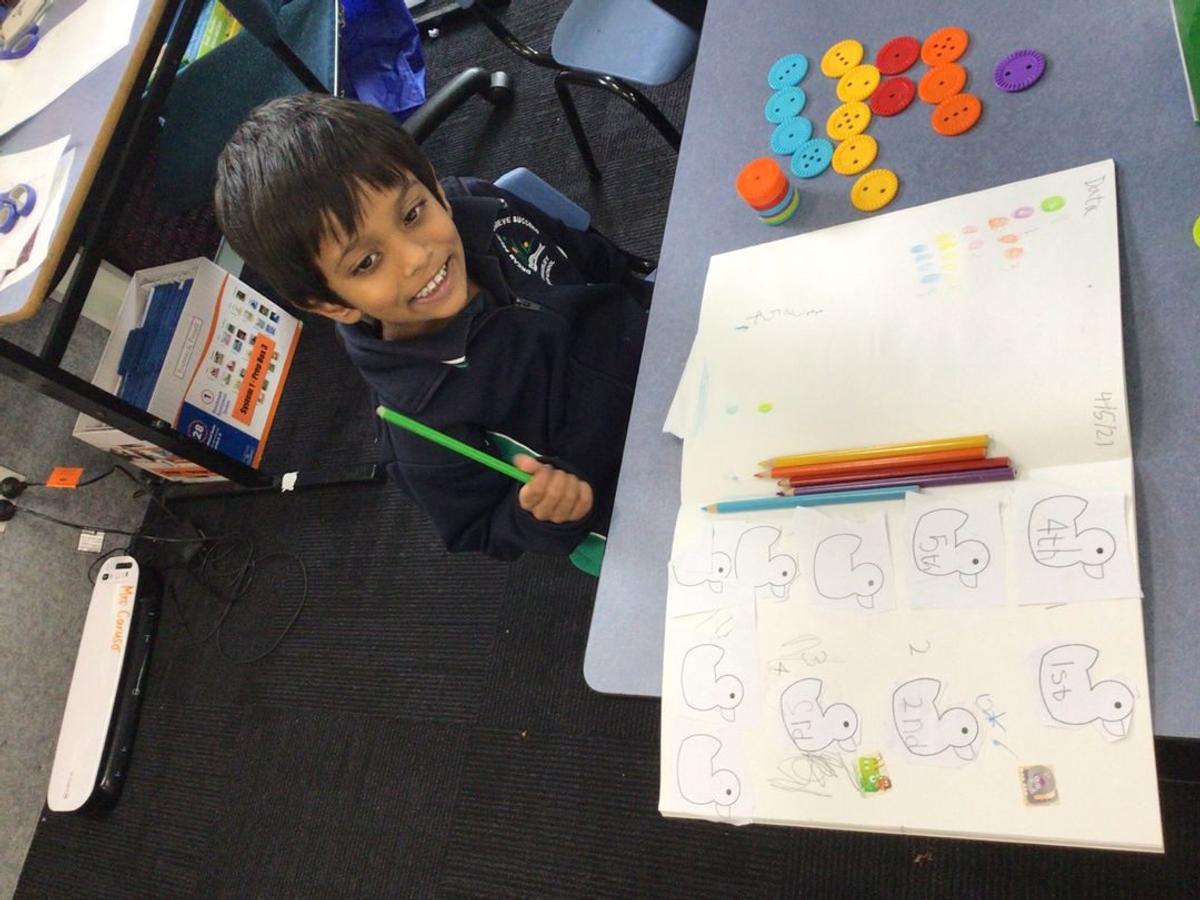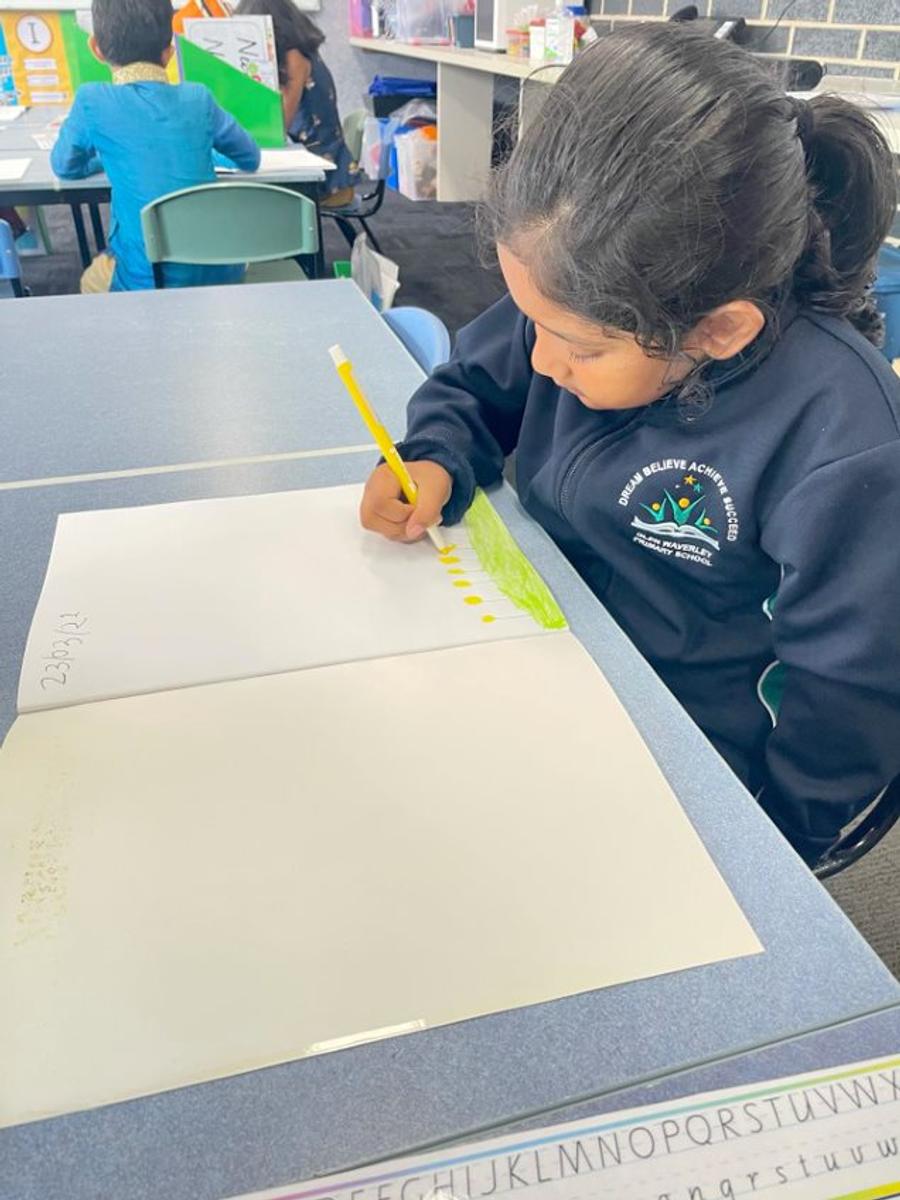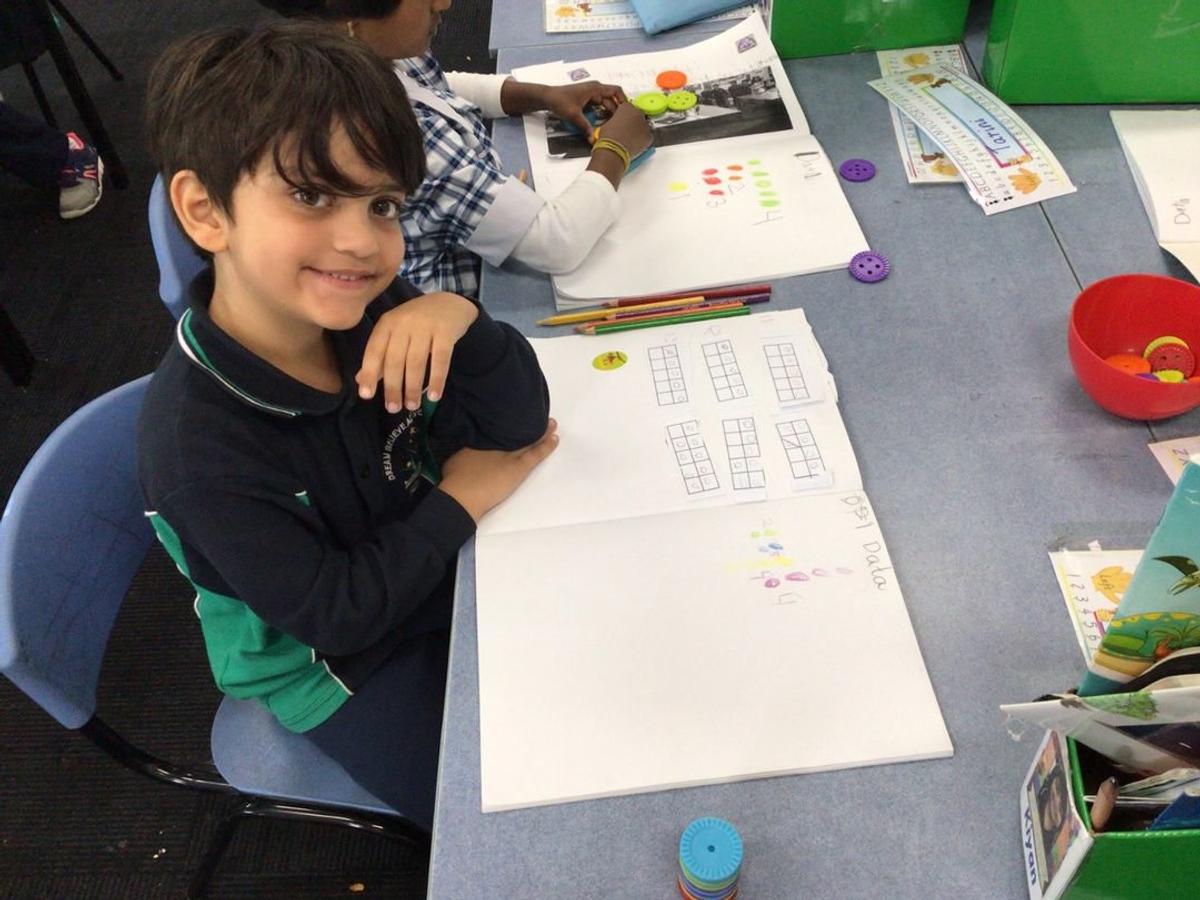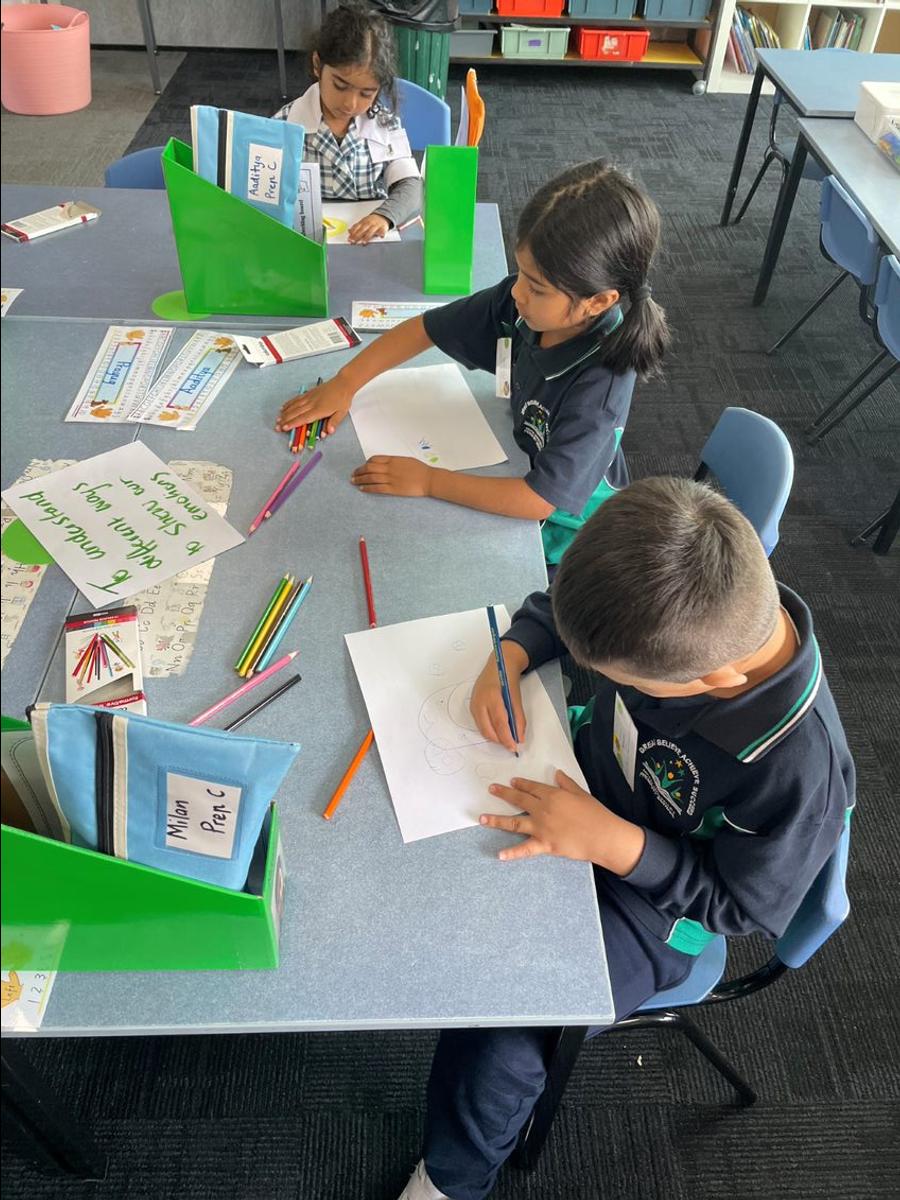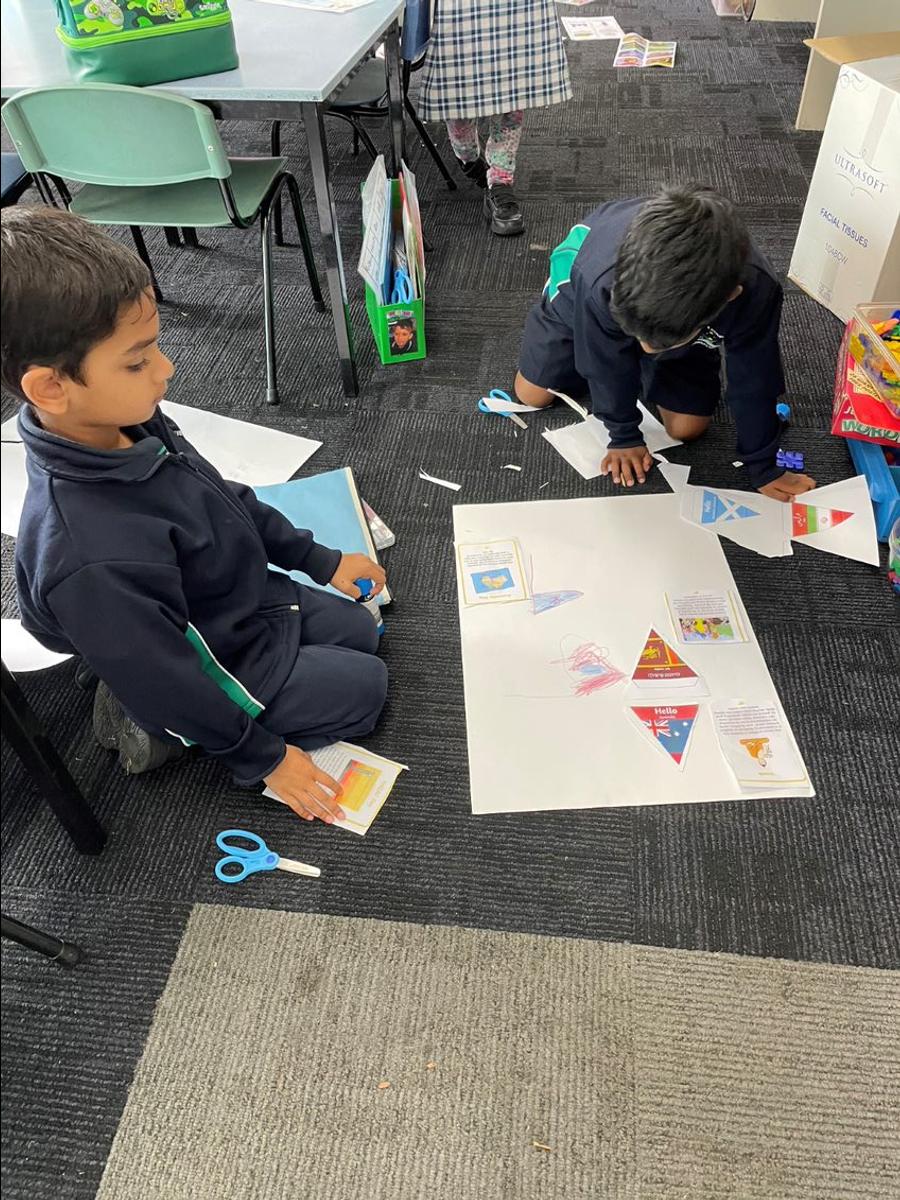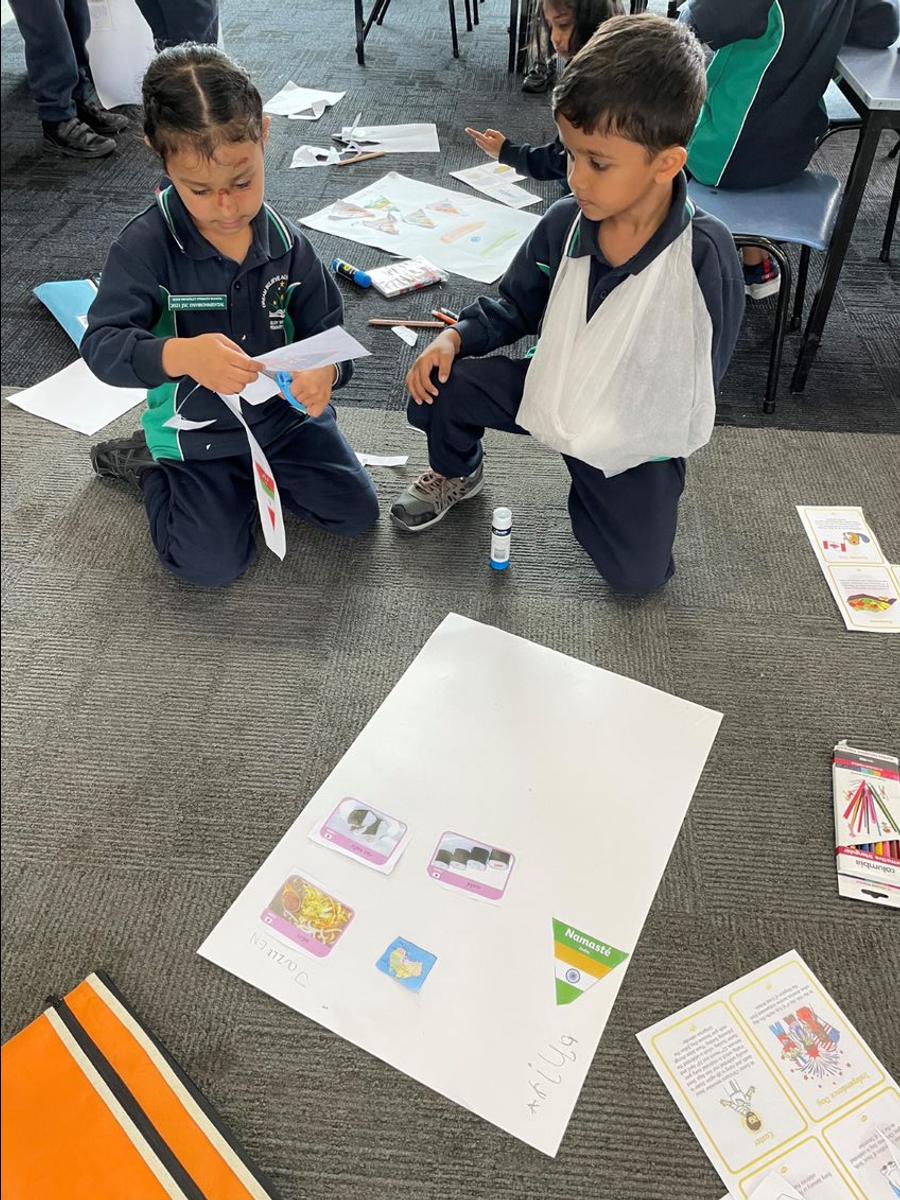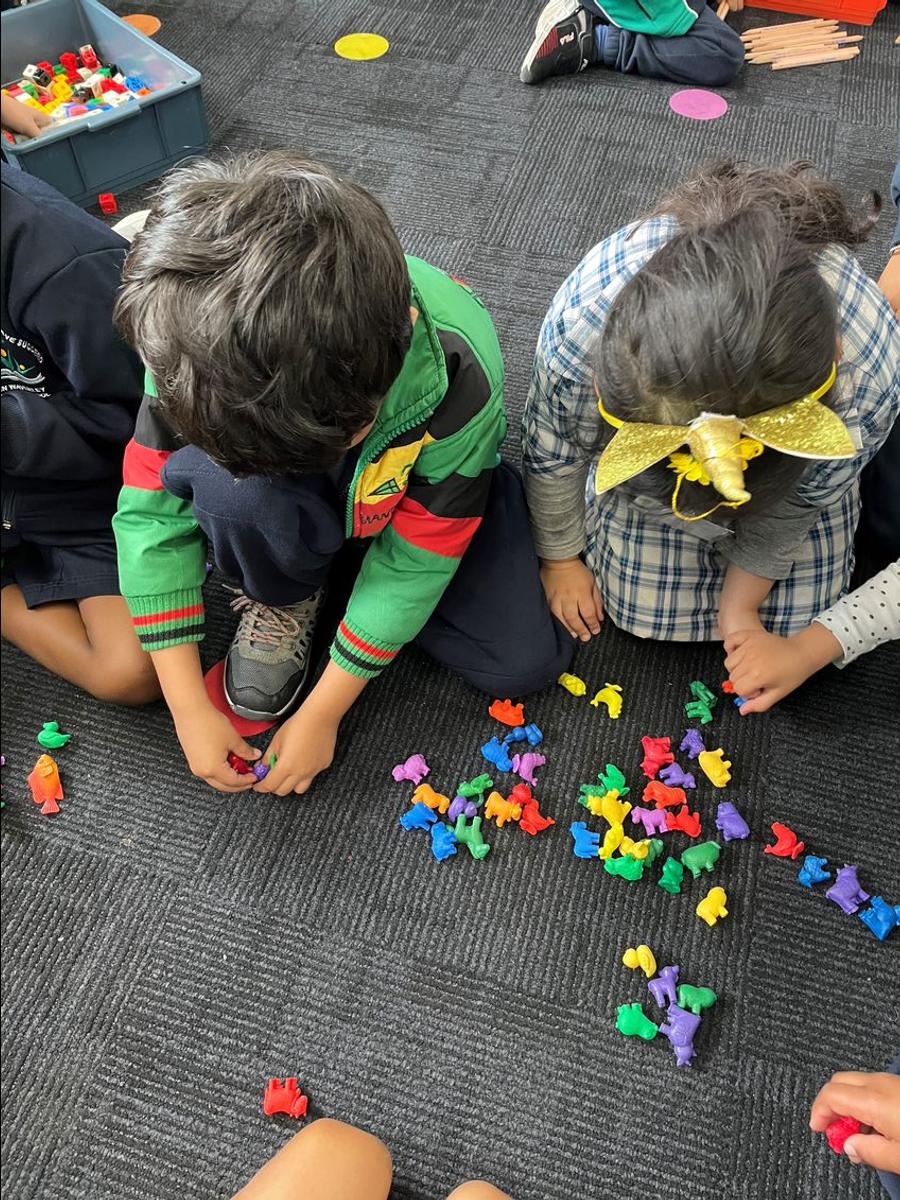What the Preps are Learning in Term Two 2021
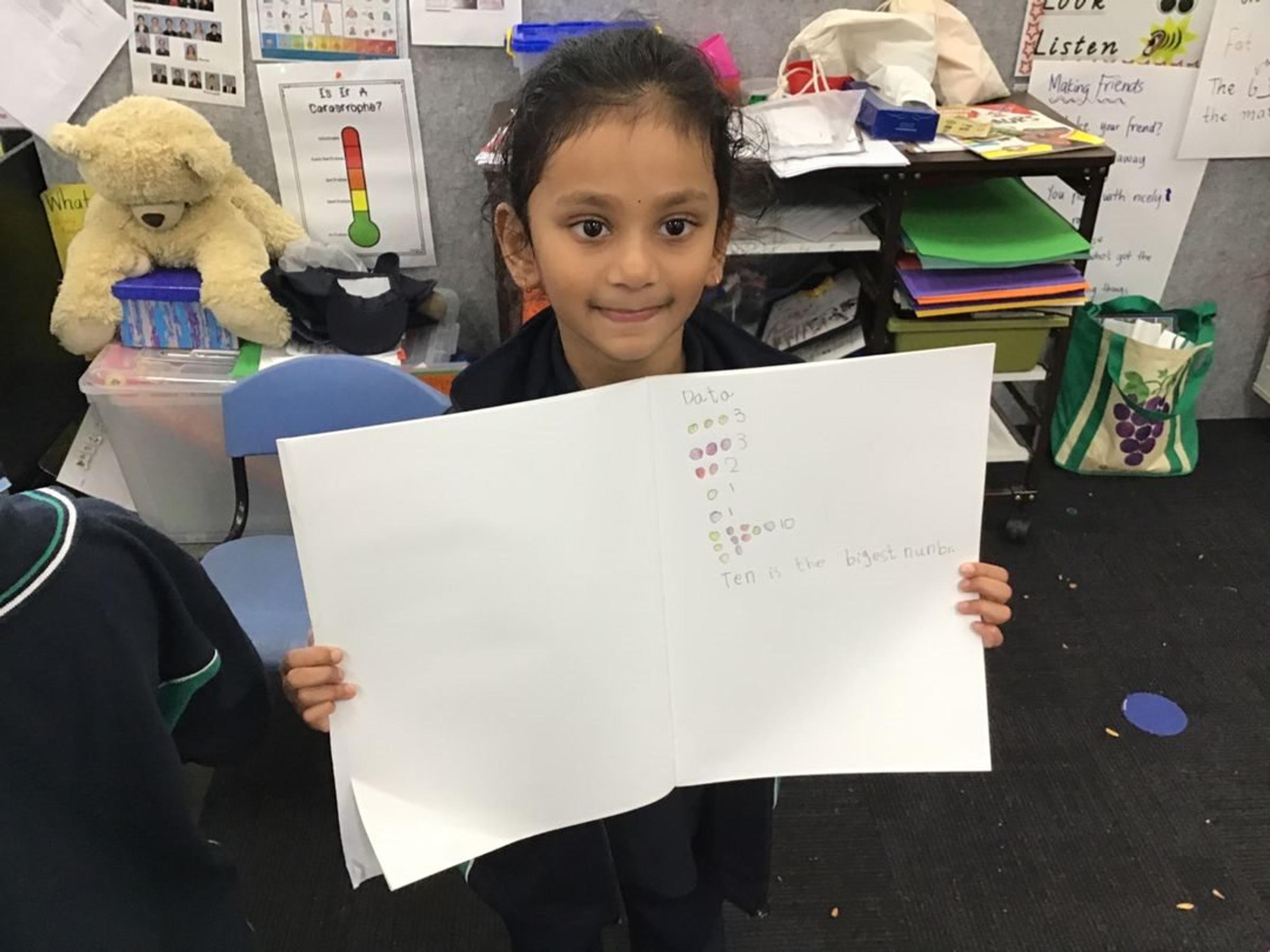
Reading
This term in Reading, students will explore a range of comprehension strategies from the CAFE reading approach to assist with their understanding of the texts they read. The strategies include, ‘Check for Understanding’, ‘Ask questions, before, during and after you read’ and ‘Predict what will happen, then confirm’. As students consolidate their knowledge of reading accuracy, they will further build their skills to monitor their reading for errors with the strategy ‘cross- checking’ where they will check if what they ‘read makes sense, looks right, sounds right or matches the picture’.
Some tips to support your child at home in Reading:
- Continue to read with your child daily. Ask your child questions about the text to monitor their comprehension. For example, ‘who are the characters and what are they doing?’
- Continue to practise Magic Words daily. This will help with both their accuracy and fluency of text as these words are the most used words within early reader texts.
- Add your children's text to the Premier Reading challenge log. Let’s see if they can read 30 books within this time!
Writing
This term, students will develop strategies from our whole school approach, VOICES, when writing Letters and Persuasive text types. Students will look at the structure and language features of Letters. They will have many opportunities to write letters to their family, friends and peers. Within the second half of the term, students will explore the structure of Persuasive texts and develop a sound understanding on conventions and transitional words.
Some tips for writing with your child at home:
- Promote independence with writing, ask them to persist and encourage them to embrace the ‘productive struggle’.
- Have children re-read their writing to ensure that their writing makes sense.
Mathematics
This term in Mathematics, we will be investigating how numbers can be made from other numbers. So far, we have explored the different ways the number 10 can be made. As the term progresses, we will delve into concepts of data: what it means, how they are presented and what conclusions can be drawn from it. This links to our learning in Inquiry where we are investigating a variety of questioning techniques. Finally, we will also explore strategies for measuring, including comparing lengths of objects and using informal measurements such as blocks to find the length of an item.
To support your child’s learning you could:
- Take any opportunity to practise counting out objects and then finding different ways to make the number. “Oh, I have 7 strawberries. I can hold 5 in one hand and 2 in other hand. That makes 7. How many can you hold?”
- Do mini research projects for data collection. “What colours t-shirts do you have? You have 2 white, 4 blue and 1 black. That means the colour you have the most is blue!”
Inquiry
In Term Two Inquiry, prep students will explore the question, ‘How am I connected to the Earth?’ through an understanding of our Global Goal, Life on Land. Students will specifically look at sustainability issues that impact the world around us. This includes, the impact of plants, wildlife and their habitats. Students will further deepen their knowledge of our inquiry question at our Excursions to Bundoora Park Farm. The excursion will prime our learners to create a research project for each class and assist their final transfer for the term, to promote a sustainable action.
How to assist your child with this learning:
- During Education Week there will be a special Home Learning Task connecting to our Inquiry topic.
- Discuss with your child their daily actions that can have a positive impact on the environment and resources. For example, recycling, composting or turning off electrical appliances.
YCDI
In Term Two You Can Do It (YCDI), students are continuing to build on their social and emotions skills through the YCDI Keys to Success: Confidence, Getting Alone and Resilience. YCDI is integrated with our inquiry question of ‘How am I connected to the Earth?’ which transfers over to ‘How are we connected to others?’ Students develop and gain an understanding of their classroom communities and expectations for themselves and their peers. These expectations have helped as a tool for improving their Getting Along skills and assisting them to self-regulate when learning collaboratively and playing in the playground. As students continue to develop these positive social and emotional skills through social stories, role plays, class discussions and scenarios, they will also grow in self-confidence and empathy, where they will be able to develop meaningful and lasting friendships at school.
To support your child’s learning at home:
- Have conversations around being confident, resilient and demonstrating appropriate behaviours around their peers.
- Make these conversations visual and hands on. This can be done through games, playing with friends and family, role playing with different scenarios.
- Always praise them when they have done something right, such as packing away their toys, setting the dinner table, helping with dinner, complete their reading or home learning. (You may set up a rewards system).

